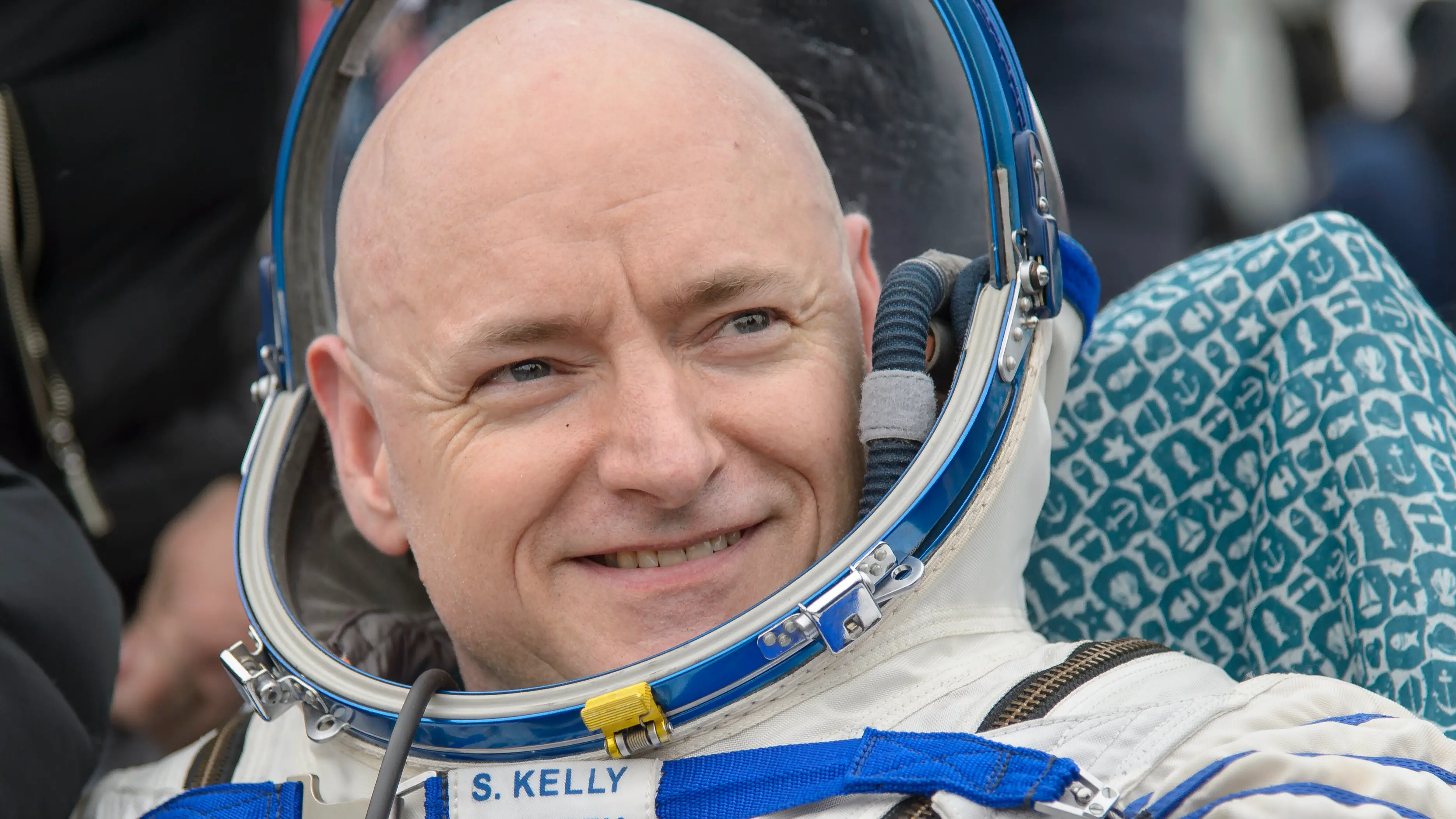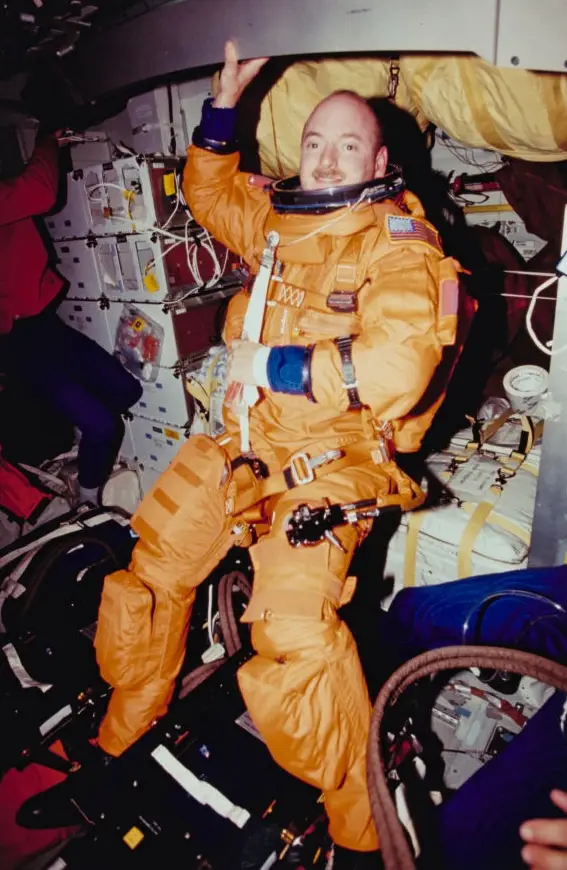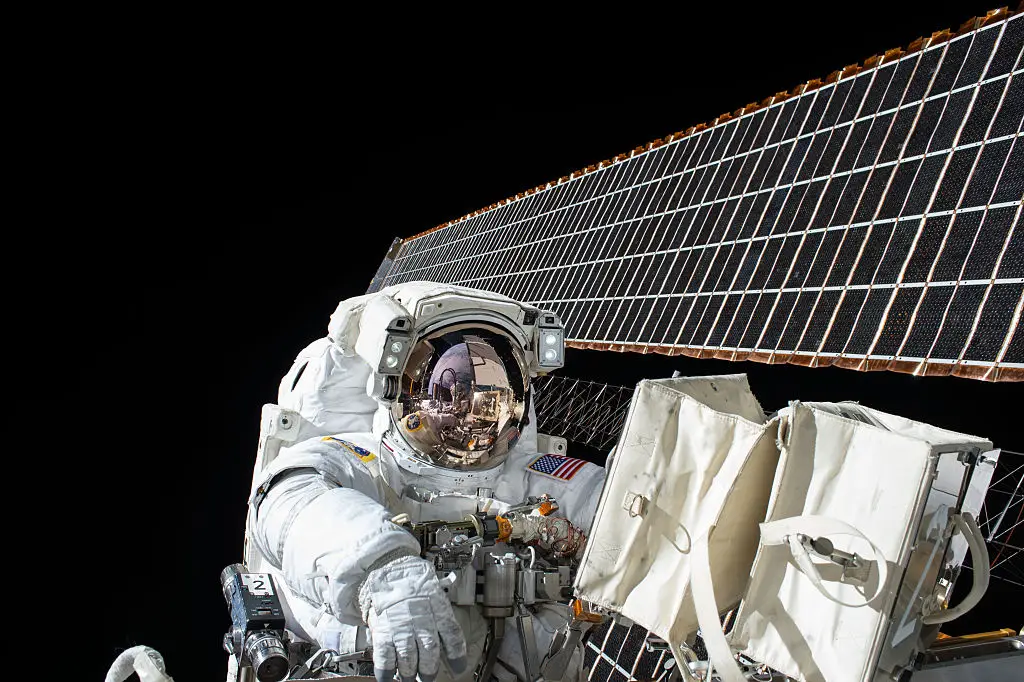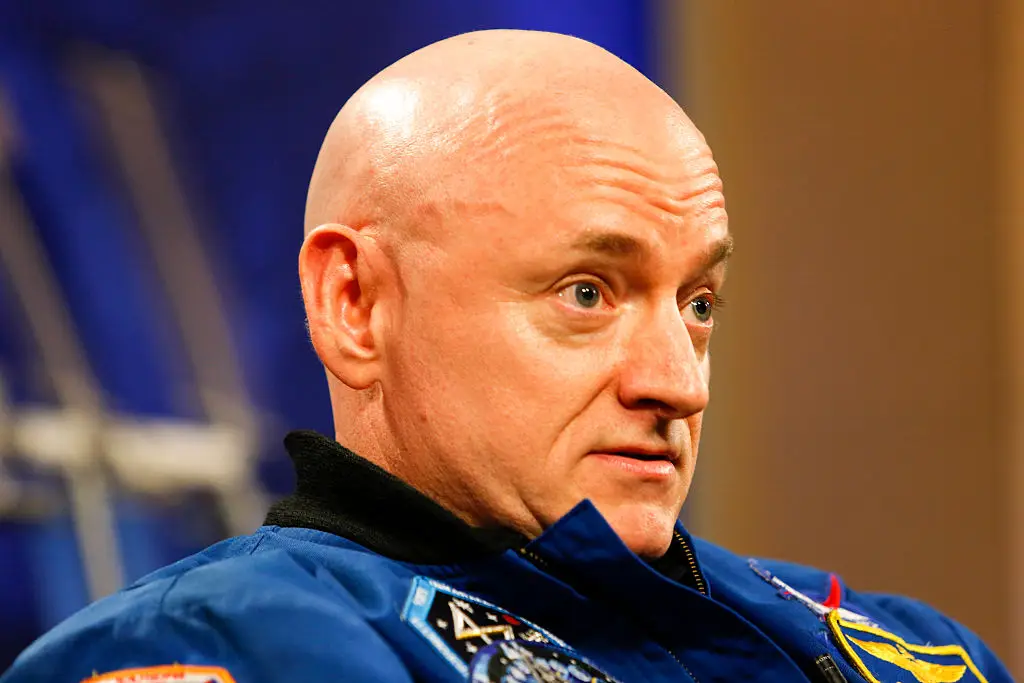
An astronaut who temporarily made history for spending 340 consecutive days in space had a major realisation about Earth whilst he was up there for so long.
NASA's Scott Kelly conducted the longest single spaceflight by an American at the time of his mission aboard the International Space Station (ISS) from March 27, 2015 to March 1, 2016.
He was launched from the Baikonur Cosmodrome spaceport in Kazakhstan and travelled on the Soyuz TMA-16M space flight, alongside Russian cosmonauts Mikhail Kornienko and Gennady Padalka.
The whole point of the mission was to study the effects of long-duration spaceflight on the human body.
Advert
An experiment like this was crucial for the possibility of undergoing deep-space missions in the future.
During parallel studies on Earth, Kelly's identical twin Mark Kelly participated alongside one another, which helped scientists compare both the physiological and psychological changes between the two.

As well as being able to conduct nearly 400 experiments in space, the New Jersey engineer also had a lot of time to think.
Astronauts who are up in space for long periods of time often go on about the 'overview effect', the feeling of unexpected and overwhelming emotion when looking at Earth.
It's a sort of 'we're all in this together' feeling.

Describing his experience, according to Halo Space Flight, Kelly said: "From space, you realise how small and interconnected we all are. It's a perspective that can inspire us to be better stewards of our planet and work towards a brighter future."
In an interview with Business Insider, he explained further: "The planet is incredibly beautiful, breathtakingly beautiful. Having said that, parts of it are polluted, like with constant levels of pollution in certain parts of Asia.
"You see how fragile the atmosphere looks. It's very thin. It's almost like a thin contact lens over somebody's eye, and you realised all the pollutants we put into the atmosphere are contained in that very thin film over the surface. It's a little bit scary actually to look at it."

Kelly continued: "And then you realise looking at the Earth, that despite its beauty and its tranquility, there's a lot of hardship and conflict that goes on. You look at the planet without borders, especially during the day. At night you can see countries with lights, but during the daytime it looks like we are all part of one spaceship, Spaceship Earth.
"And we're all flying through space together, as a team, and it gives you this perspective — people have described it as this 'orbital perspective' — on humanity, and you get this feeling that we just need to work better — much, much better — to solve our common problems."
Most consecutive days in space for NASA astronauts
1) Frank Rubio - 371 days
2) Mark Vande Hei - 355 days
3) Scott Kelly - 340 days
4) Christina Koch- 328 days
5) Peggy Whitson - 289 days
6) Butch Wilmore, Suni Williams - 286 days
7) Andrew Morgan - 272 days
8) Jeanette Epps, Matthew Dominick, Mike Barratt - 235 days